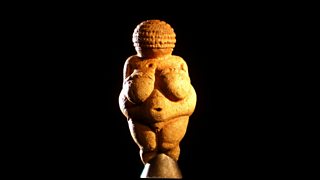The mermaid-like M茅lusine
Mermaids, water sprites, fairies and forest nymphs: Shahidha Bari explores the history and myth of behind the Medieval tale of M茅lusine.
The legend of M茅lusine emerges in French literature of the late fourteenth and early fifteenth centuries in the texts of Jean d鈥橝rras and Coudrette. A beautiful young woman, the progeny of the union between a king and a fairy, is condemned to spend every Saturday with her body below the waist transformed into the tail of serpent. She agrees to marry only on the condition that her husband should never seek to see her on that day every week. Shahidha Bari explores the emergence of the hybrid mermaid-woman, her historical significance and the legacy of the medieval myth of M茅lusine.
Olivia Colquitt is an AHRC funded doctoral candidate at the University of Liverpool whose research focuses upon the socio-cultural significance of the late Middle English translations of the French prose romance M茅lusine and its verse counterpart, Le Roman de Parthenay.
Hetta Howes is Senior Lecturer in Medieval and Early Modern Literature at City, University of London and is a 91热爆/AHRC New Generation Thinker. She is the author of Transformative Waters in Medieval Literature.
Lydia Zeldenrust is an Associate Lecturer in Medieval Literature, where she currently holds a Leverhulme Early Career Fellowship. She is the author of The Melusine Romance in Medieval Europe.
The Royal Opera House is staging a version of Rusalka opening February 21st 2023. This folk-tale is a Slavic version of the water sprite figure seen in the Melusine story. This production will be broadcast as an episode of Opera on 3 on Radio 3 later in spring.
Producer: Ruth Watts
Featured in...
![]()
Women in the world—Free Thinking
Free thinking explores women's lives and issues.
Podcast
-
![]()
Arts & Ideas
Leading thinkers discuss the ideas shaping our lives.



